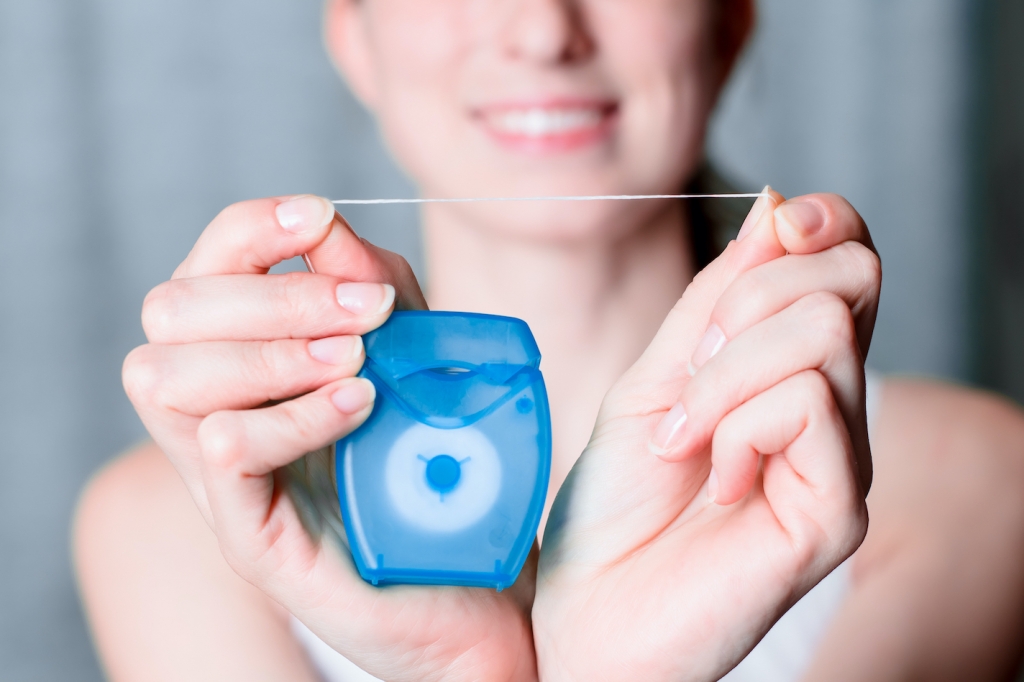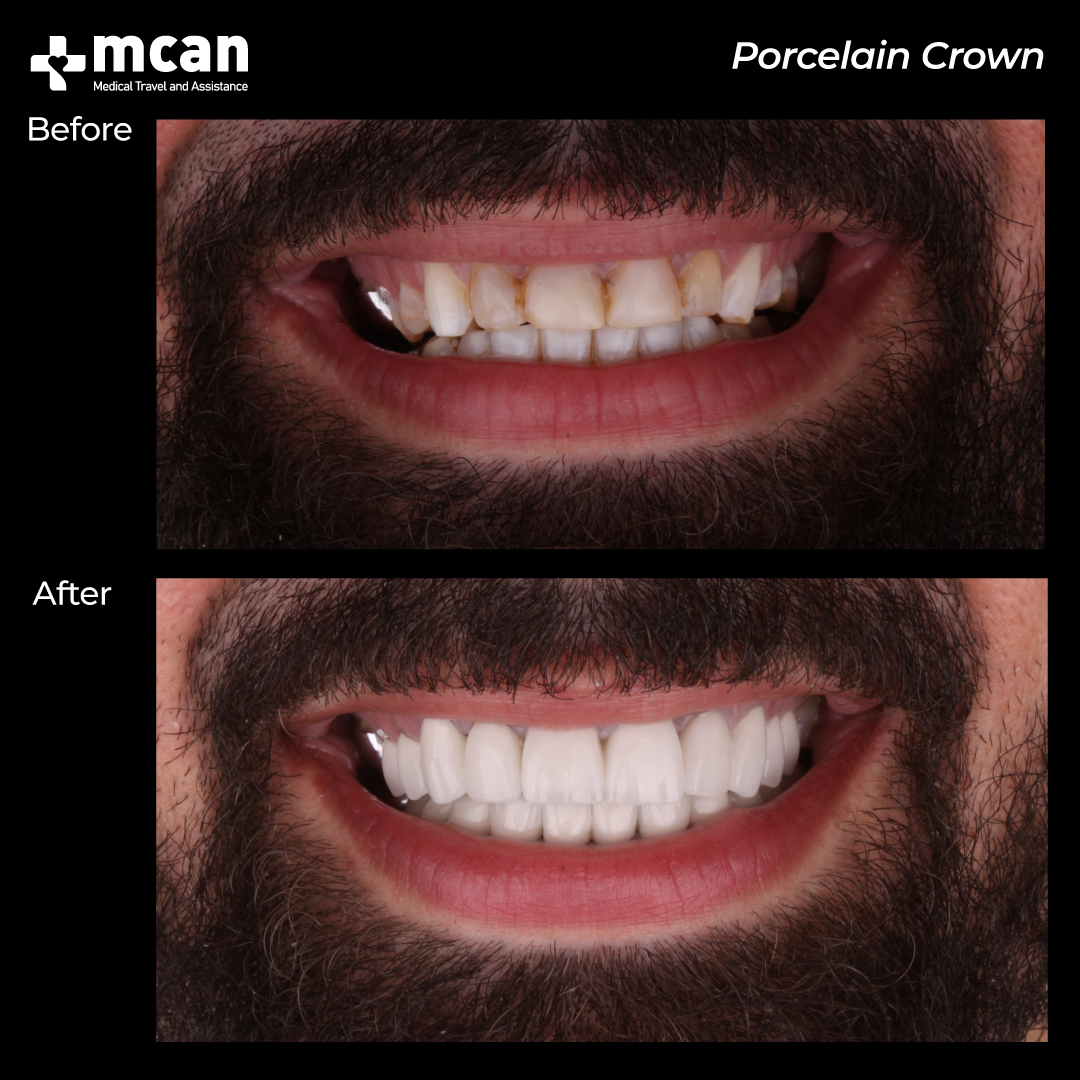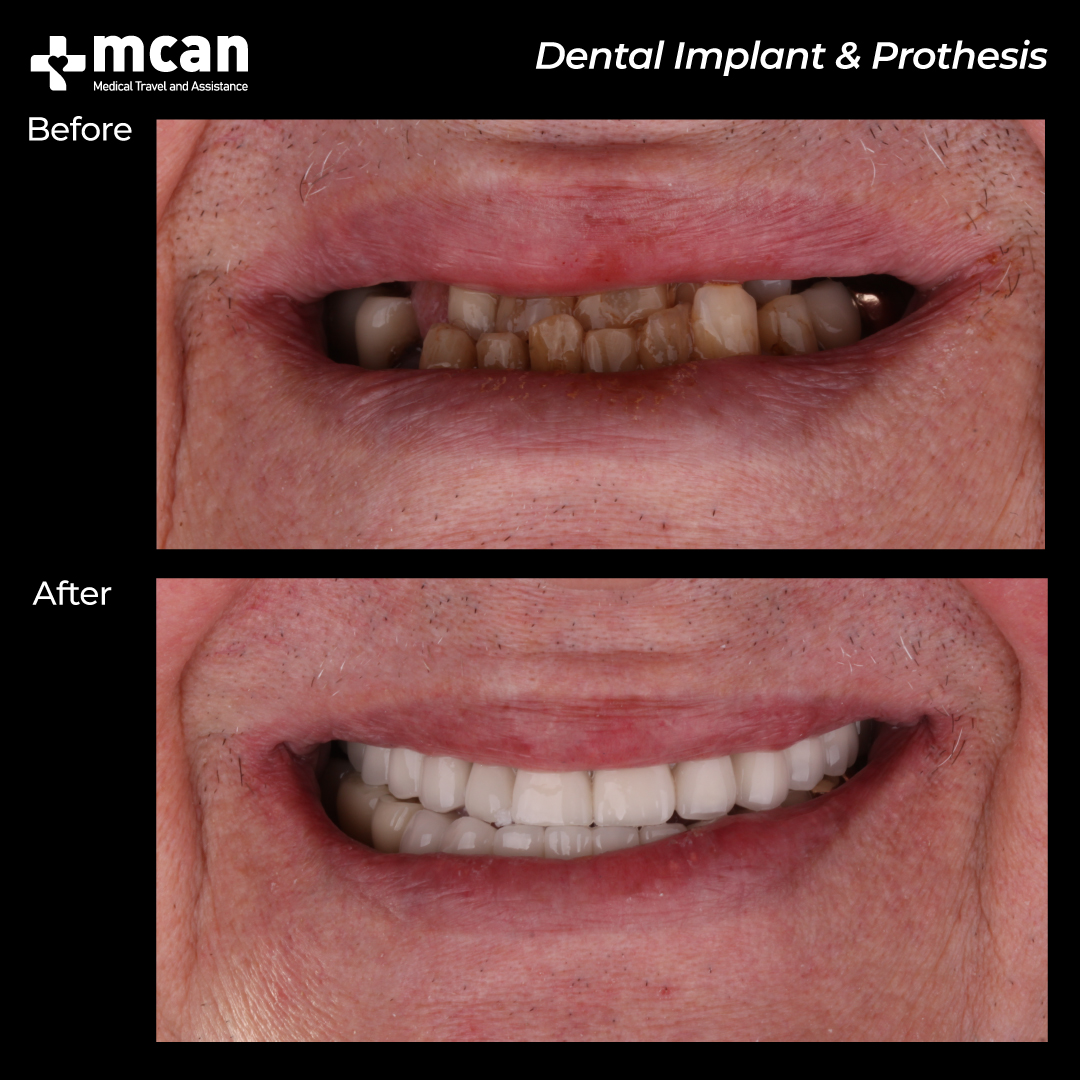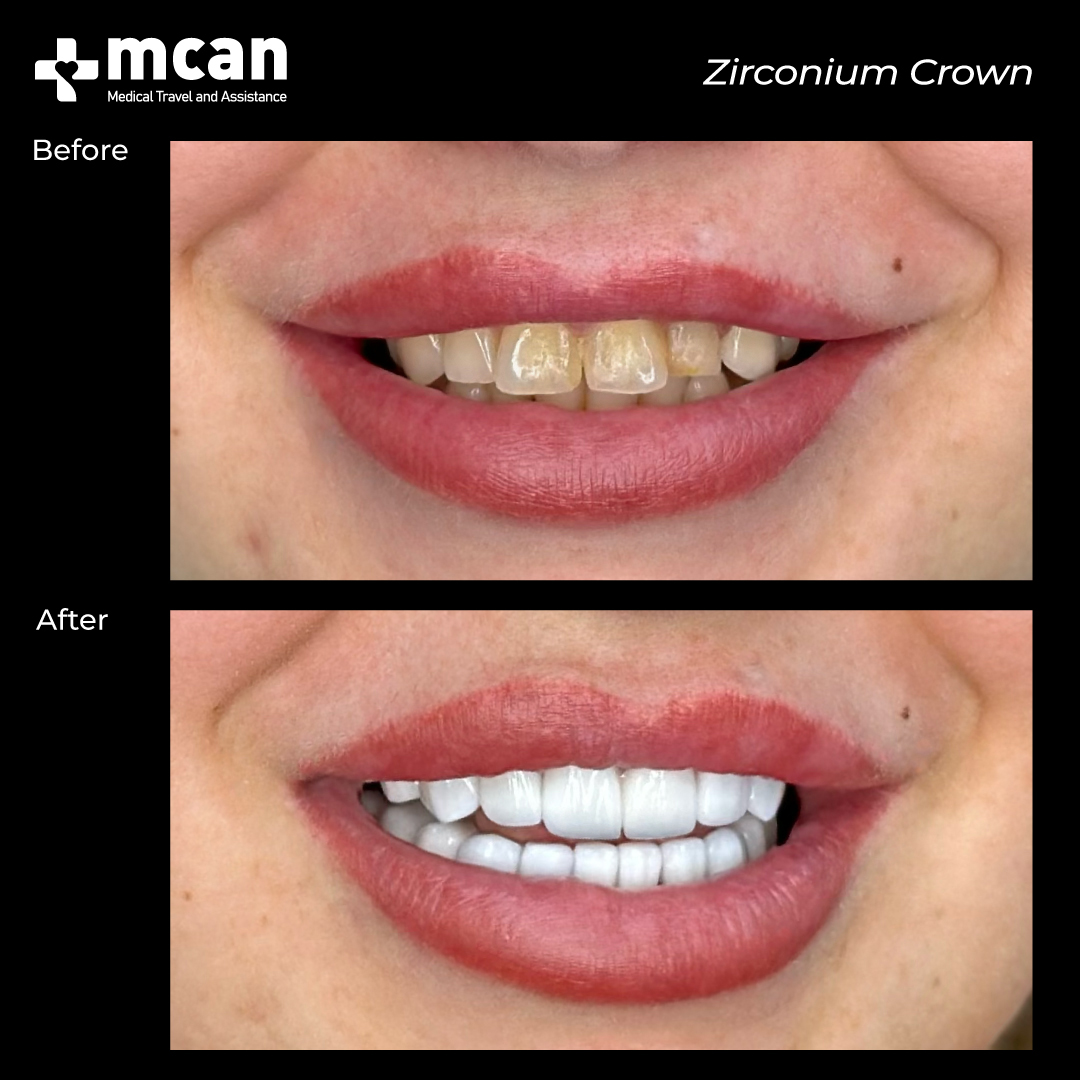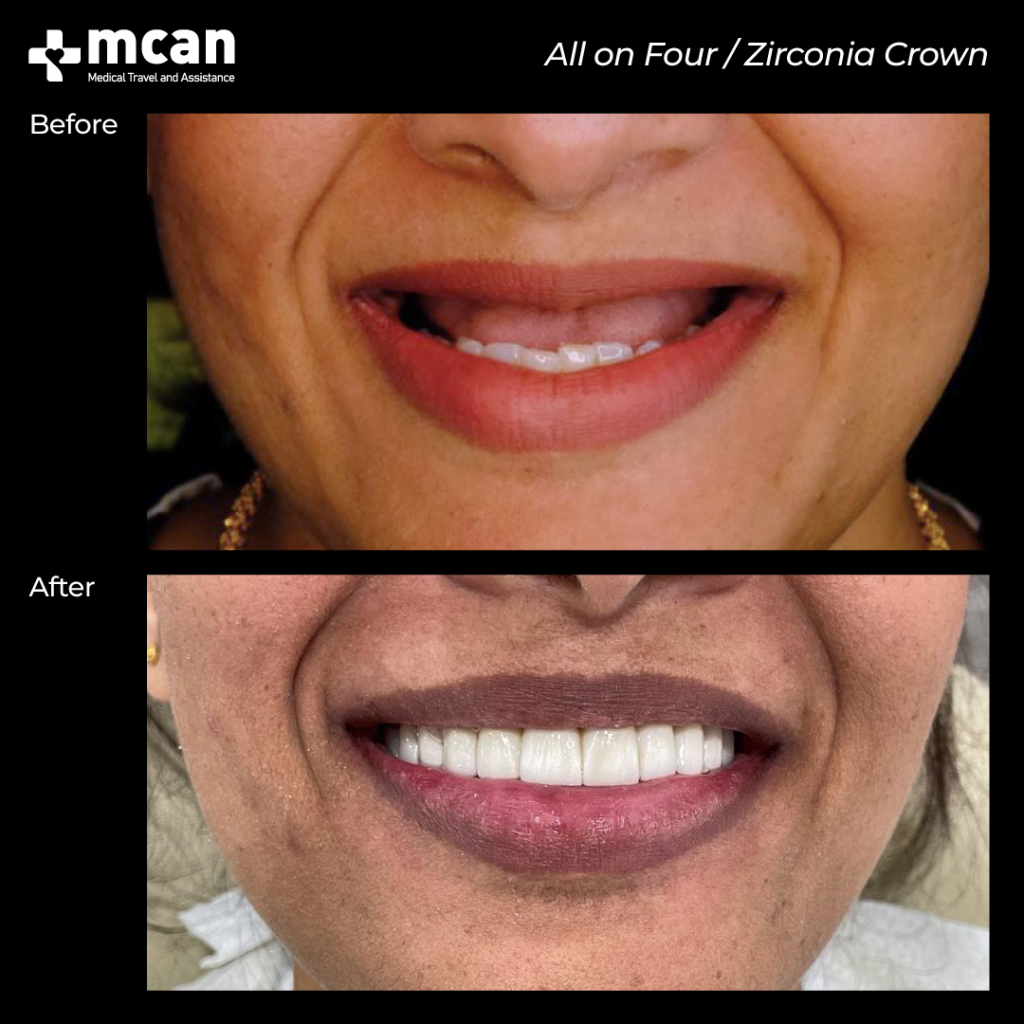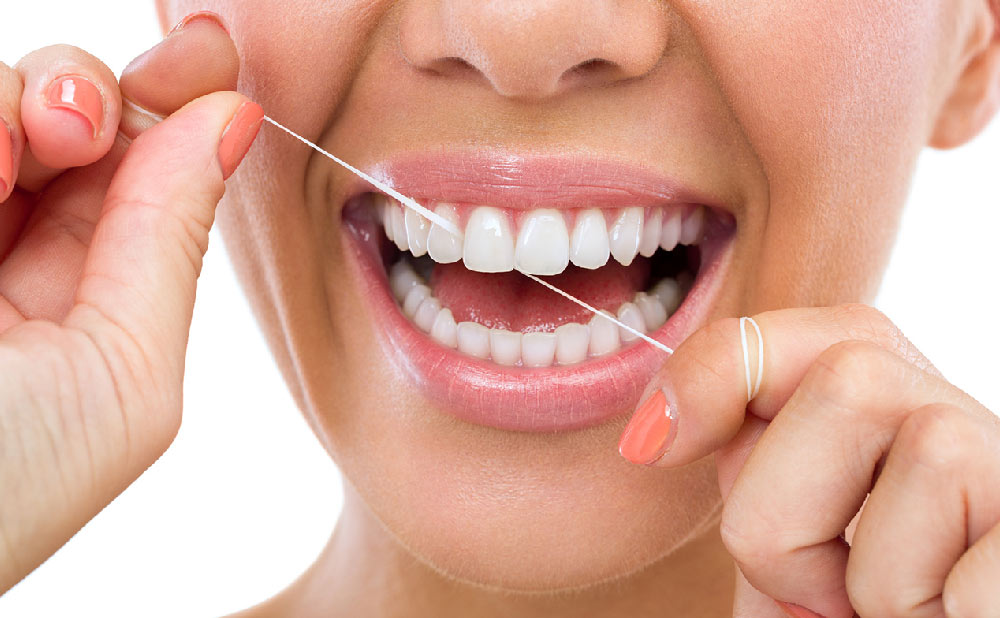
Flossing tends to be a bit of a mystery for many, as everyone has different perceptions of it. While brushing is unquestionably the dental care superhero, let’s not forget that flossing is its reliable sidekick that shouldn’t be ignored. In this exploration, we’re keeping it simple – no fancy dental talk, just straightforward facts. So, fasten your seatbelts and prepare to discover all the essentials about flossing!
What Does Flossing do? Exploring the Dental Dance!
First things first – let’s focus on the rationale behind flossing. Do you need to floss or not? Are there really certain benefits of flossing? Simply put, it is essential because it successfully eliminates plaque from the spaces between your teeth that brushing cannot. When mouth bacteria interact with sweet or sugary foods, they release acids that break down carbohydrates resulting in plaque. It is a colorless substance, along your gum line, in between your teeth, and around them. Even if your naked eye can’t spot them, trust us, you don’t want these troublemakers hanging around in your mouth for a long time! Gingivitis, inflammation of the gums, tartar can result from this plaque buildup but can be avoided and treated with consistent brushing your teeth and flossing. In a nutshell, let’s quickly summarize the benefits of flossing:
- Prevents the formation of plaque and tartar
- Lowers the chances of developing cavities
- Helps in avoiding gum diseases
- Diminishes the likelihood of bad breath
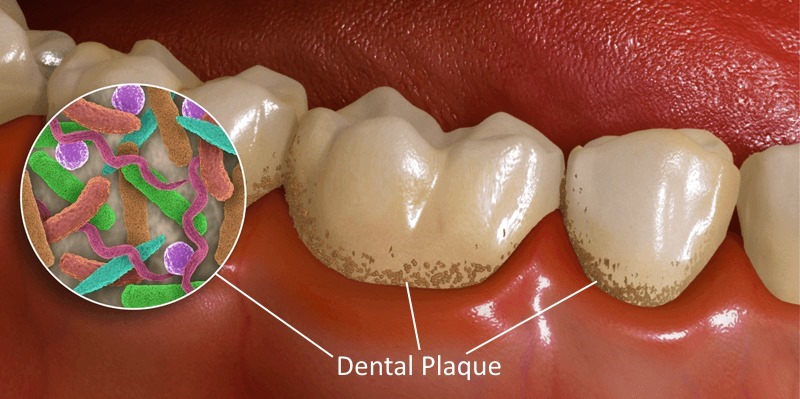
Mastering the Art of Flossing: Optimal Frequency and Technique
Well, now that we all agree upon the benefits of flossing, let’s answer the most important question: How often should you floss? Also, figuring out the best time to floss is another mystery for many. Perhaps you have been wondering ’’should I floss everyday?’’. Don’t worry, MCAN Health is spreading the word on this crucial info for a smile-worthy journey! According to American Dental Association (ADA) you should floss your teeth once a day. When it comes to the best time to floss, it’s all about fitting it into your personal schedule—whether that means incorporating it into your nightly or morning routine. Discover what suits you the best!
And if you floss your teeth more than once, and thinking ‘’can you floss to much?’’. We got you! Those plaque-forming bacteria generally take 4-12 hours to accumulate. Therefore, unless there’s something stuck in your teeth, flossing more than once a day doesn’t really offer any benefits. However, it’s worth noting that you can’t really over-floss unless you’re doing it incorrectly. Flossing too aggressively may lead to potential damage to your teeth and gums. You can also observe your gums bleed when flossing if you are doing it wrongly. So, cut a long story short; floss smart not hard!
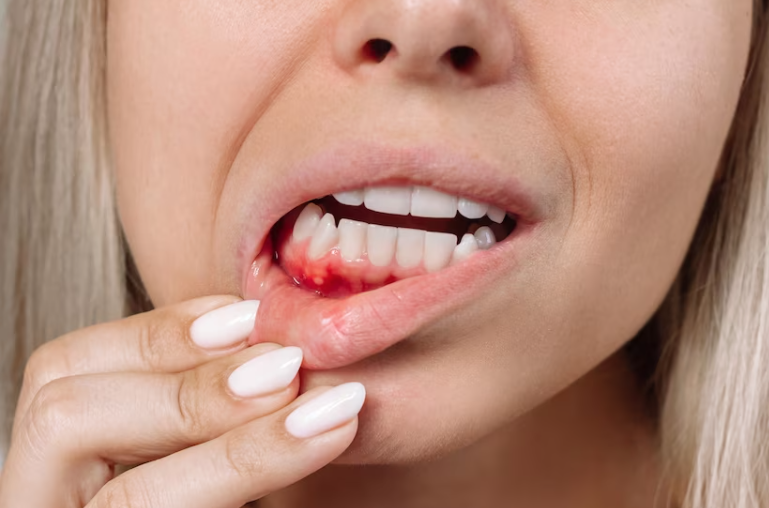
Now take a moment to think about this question: How do you floss your teeth? Is it always that back-and-forth sawing moving by using the same section for each tooth? Well—it’s not quite on the mark! Check out these quick tips to master the flossing technique!
- Cut a 45cm length of floss and wrap some around a finger on each hand.
- With about 2.5 cm separating your thumbs and forefingers, hold it tightly.
- Gently guide the floss between your teeth with a rocking motion, avoiding pressure to the gums.
- Form a C-shape against a tooth at the gumline, and carefully scrape the side of your tooth.
- Remember to practice this routine on the opposing side of the gap and the back of your last tooth.
- Continue in a consistent manner – start at the top, move from left to right, then do the same at the bottom. You’ll make sure to cover every tooth this way.
- Before flossing another tooth, make sure that you are using a fresh section of floss.
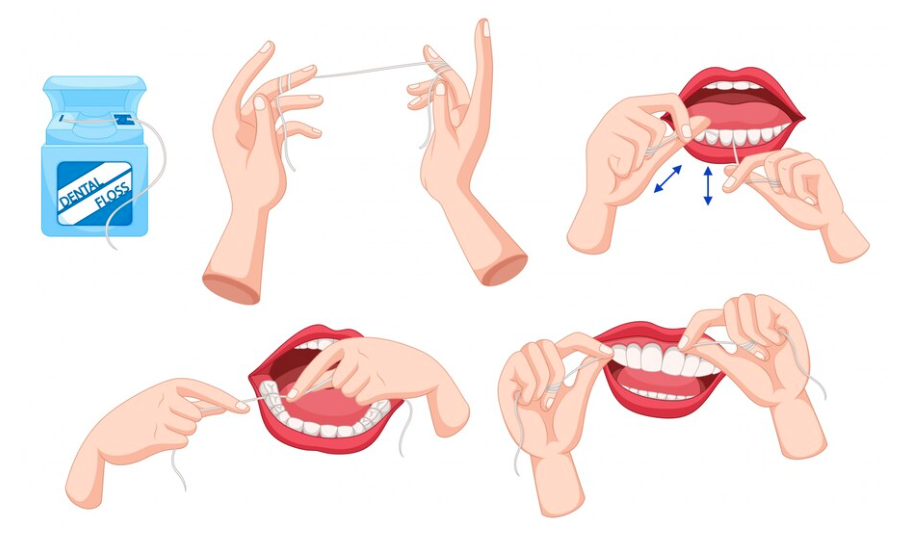
The Epic Dilemma: Should I Floss or Brush First?
Have you ever questioned if it really matters the order of brushing and flossing? Turns out, it does! A study found that the best way to maintain good oral hygiene is to brush with fluoride toothpaste after flossing. Why? Flossing loosens up the bacteria and plaque existing in between your teeth, and this makes brushing more effective in eliminating those hard-to-reach particles. You’re doing more than just cleaning in between your teeth when you floss before brushing – you’re setting the stage for a fluoride boost. The fluoride in the toothpaste can be more effective when applied to a cleaner environment. Therefore, think about switching to flossing first to guarantee a cleaner smile, reduced plaque, and improved fluoride defense. Your mouth will thank you!
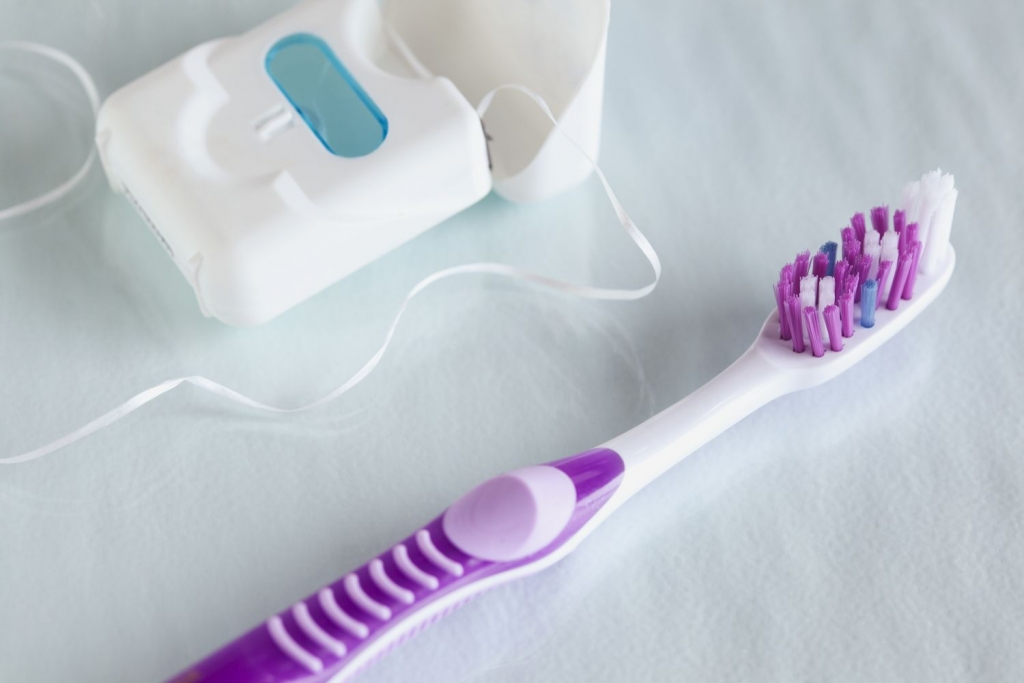
The Old-Age Myth: Does Flossing Create Gaps in Teeth?
Flossing shouldn’t create gaps between your teeth when done appropriately. To prevent any possible problems, it’s essential to learn the correct techniques. However, when you first start flossing, you may notice that there is a space between your teeth. Relax, you’re just experiencing the removal of plaque that had accumulated in those areas. As long as you continue flossing, your gums will recover, retake the space, and close those gaps in two to four weeks.
But consistent improper flossing increases the chance of developing spaces between your teeth. Thus, using the right technique is essential to avoid any unintended spacing problems. For a gap-free smile, start practicing your flossing dance immediately!
Now that we’ve covered how to floss your teeth, benefits of flossing, best time to floss – you’ve got the whole toolkit! It is a low-risk, low-cost way to get into those hard-to-reach places that your toothbrush just can’t reach. Make it a regular part of your routine, because maintaining oral health isn’t just about avoiding awkward smiles; it affects your overall wellbeing and confidence. And for those who’ve reached the advanced stages of tooth tales, fear not – dental treatments like implants, veneers, crowns, and teeth whitening have evolved to superhero levels! For instant consultation with MCAN Health’s medical experts for any kind of dental treatment in Turkey you can reach out to us.
